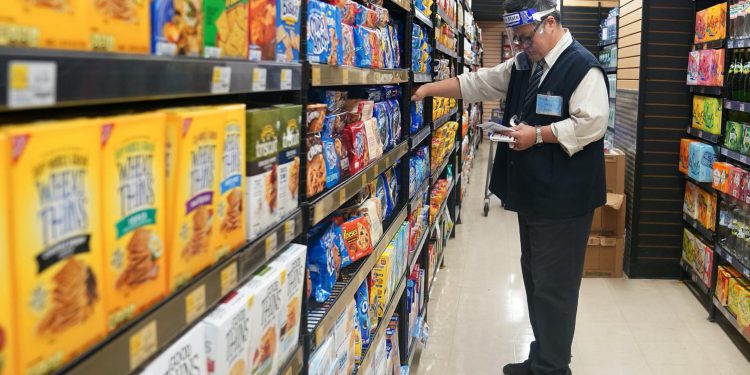Reuters reports from Chicago, US, that major food companies – including Campbell Soup, Kraft Heinz, and McCormick & Co have changed production, packaging or pricing so retailers can keep shelves stocked in current lockdowns. Much of this at a high financial cost.
Their steps include expanding manufacturing, hiring more workers, re-routing products from restaurants to grocery stores, and turning to bigger pack sizes.
A Reuters analysis of a basket of goods shows shoppers are buying far less in the United States and Europe than they did earlier this year at the start of the first round of lockdowns.
Yet for consumer companies, the financial consequences of quickly ramping up production have been severe.
Economists say shoppers can’t afford to overspend, and therefore, aren’t likely to make binge purchases.
Consumers are more likely to hold back from stockpiling goods – even with significant price-promotions on offer – because the economy is weak and they want to conserve financial resources, according to Benny Mantin, director of the Luxembourg Centre of Logistics and Supply Chain Management.























